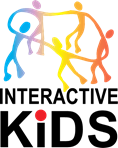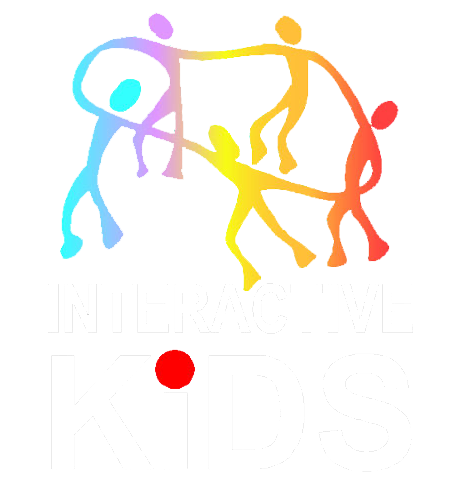Interactive Kids Functional behavior assessment
Why a Functional Assessment of Behavior is Important?
Functional behavior assessment is generally considered to be an approach that incorporates a variety of techniques and strategies to diagnose the causes and to identify likely interventions intended to address problem behaviors. In other words, a functional behavior assessment looks beyond the overt topography of the behavior, and focuses, instead upon identifying biological, social, affective, and environmental factors that initiate, sustain, or end the behavior in question. This approach is important because it leads the observer beyond the “symptom” (the behavior) to the student’s underlying motivation to escape, “avoid”, or “get” something (which is, to the behavior analyst, the root of the behavior). Research and experience have demonstrated that behavior intervention plans stemming from the knowledge of “why” a student misbehaves (i.e., based on a functional behavior assessment) are extremely useful in addressing a wide range of problem behaviors.
The functions of behavior are not usually considered inappropriate. Rather, it is the behavior itself that is judge appropriate or inappropriate. For example, getting high grades and acting-out may serve the same function (i.e. getting attention from adults), yet, the behaviors that lead to good grades are judge to be more appropriate than those that make up acting-out behavior. For example, if the IEP team determines through a functional behavior assessment that a student is seeking attention by acting-out, the team can develop a plan to teach the student more appropriate ways to gain attention, thereby filling the student’s need for attention with an alternative behavior that serves the same function as the inappropriate behavior.
By incorporating a functional behavior assessment into the evaluation IEP process, the IEP team members can gain the information needed to develop a plan or include strategies in the IEP, and the IEP team members can develop a plan that teaches and supports replacement behaviors, which serve the same function as the problem behavior, itself (e.g., teaching John to calmly tell the teacher when he feels frustrated, and to ask for assistance when he finds a task too difficult to accomplish). At the same time, strategies may be developed to decrease or even eliminate opportunities for the student to engage in behavior that hinders positive academic results (e.g., making sure that John’s assignments are at his instructional level.
What makes our Functional Behavior Assessments different from others?
Interactive Kids has developed a structured Behavior Profile Form designed to maximum the parent/teacher interview process. Social skills assessment, Social Skills Improvement System (Gresham & Elliott, 2008), is also a standard component of Interactive Kids’ FBAs. The SSIS questionnaire allows us to assess a student’s social skills compared with his or her peers based on teacher, parent, and/or student reports. The most distinctive feature of Interactive Kids’ FBAs is its thorough classroom observation and data analysis, which allows us to develop concise and comprehensive, data-based recommendations. Standard components of Interactive Kids’ classroom observations include the following: Compliance Analysis, On-Task Analysis (compared with peers), Rates of Redirecting and/or Corrective Prompts, Rates of Interfering Behaviors, Rates of Reinforcement, and Social Interaction with Peers. The data obtained from the classroom observations is then analyzed to help identify trends across times of day, types of instruction, task difficulty, settings, and activities. Our formal descriptive analysis allows to us to not only identify the most frequently occurring antecedents/triggers and consequences, but also to determine the effectiveness of consequences. When necessary and/or permitted, Interactive Kids will conduct a formal, experimental functional analysis to validate the function of interfering behaviors. In the end, an FBA conducted by Interactive Kids will provide you with a true profile of your student’s behavioral status, as well as targeted support strategies designed to help your staff help its students fully access the curriculum.

